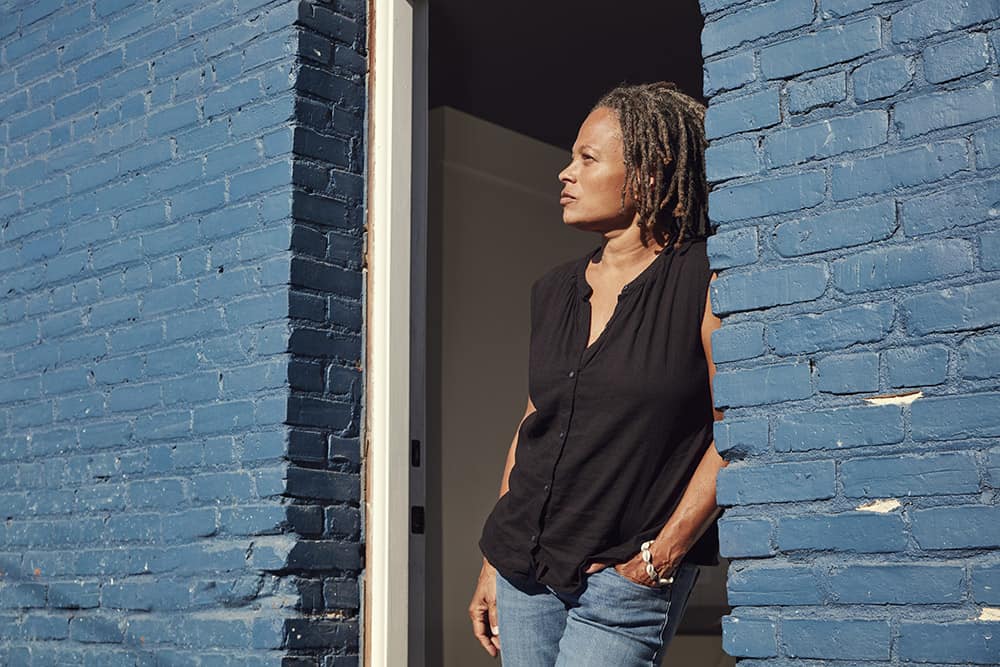
Kimberly Durdin On Nearly 30 Years Of Advocating For Black Mothers
Written by Nicole Skibola
Photography by Shaughn + John
It is an American summer of very public unrest and Kimberly Durdin is practicing quiet acts of reclamation in her community. “This is the work that keeps me from losing my mind,” she explains days after Jacob Blake was shot in the back 7 times by police officers.
Kimberly’s professional life as a doula, licensed midwife, and lactation consultant first planted its roots after her daughter was born in 1991 in Fort Greene, Brooklyn. To develop a sense of community as a new mother, Durdin began hosting La Leche League gatherings at her home on Lafayette Avenue once a month. “Our little brownstone became a hub,” she laughs. “People would knock on the door and sit on the stoop…it became a gathering place.” Durdin reminisces of the pre-internet days when resources on breastfeeding were sparse (she jokes that there were only two 20-year-old books on breastfeeding at the public library, the only place one could find resources at that time) and her living room became a place where a diverse group of women from her neighborhood could gather to support one another.
Once Durdin’s family began to grow, she realized she never wanted to go back to her career in fashion—she had studied at Parsons School of Design and used to be sure that was how she would make her mark in the world. The La Leche League Leader in the groups she found support in encouraged her to become a La Leche League Group Leader herself. “People need to see a Black mom breastfeeding, she told me. I thought she was insane. She said, ‘You know, Black women don’t really breastfeed.’ It seemed so foreign to me. My grandmothers and my mother breastfed…I didn’t know the bigger issues in the world at the time.” Durdin was referring to the vast disparities in breastfeeding between Black women and white women that were especially pronounced in the early 1990s.
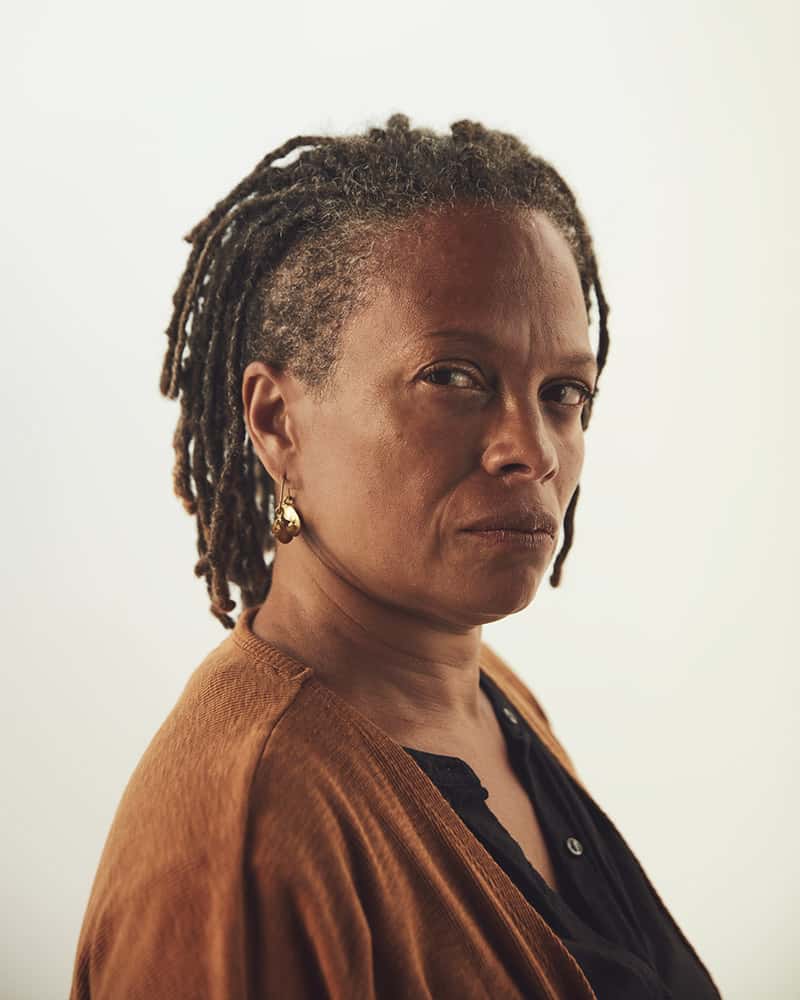
Drawn to the work, she began as a peer counselor with WIC—a federal nutrition assistance program for Women, Infants, and Children. She began working on a pilot program in the Bed-Stuy neighborhood of Brooklyn to promote breastfeeding after years of promoting formula. Out of the twelve low-income moms who were handpicked to join the group, two of them (including Durdin) were breastfeeding.
Her first day would alter the course of her life. “I came in there with the biggest attitude, like what the hell kind of peer counselor program is this?! Everyone is feeding their kid formula!” As the women began to tell their stories, she realized how poverty, lack of access to healthcare, and cultural stigmas had kept so many Black women from breastfeeding. “Man, that day broke my heart all the way open. I ate a whole big old humble pie that night. I realized that I needed to have the grace and understanding to not judge a woman if she is not breastfeeding her kids.” Women were homeless, fleeing abusive relationships, and had little to no help in hospitals. Her path became clear: “Peer counseling with these women changed me forever,” she says.
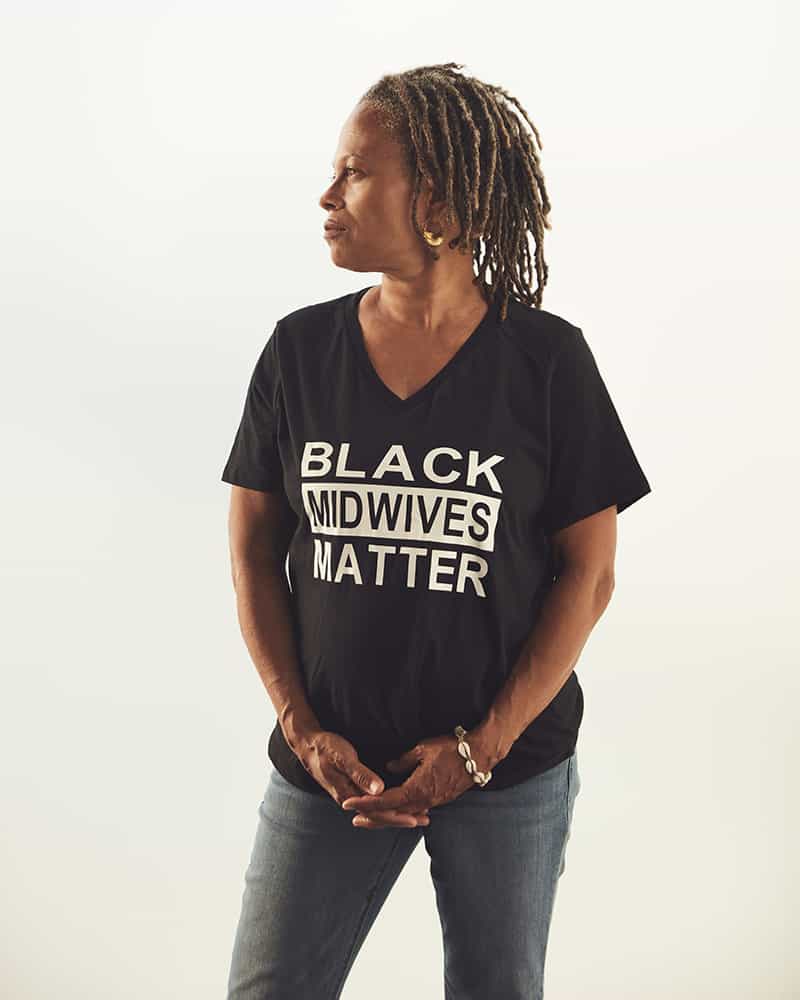
Along the way, Durdin met the activist and author Kathi Barber who in 2000 had formed the African American Breastfeeding Alliance. It was the era of policy-driven color blindness and Durdin was shocked how reviled Barber had become for creating an organization exclusively for Black women. “There was literally one stock photo of a Black woman breastfeeding that us Black breastfeeding advocates could use. We had no positive images of Black folks breastfeeding.” Durdin explains why she felt aligned with Barber’s approach to better representation for Black mothers. “WIC was a federal program historically driven by the dairy lobby and the formula ads had subliminal stuff that was used to influence people of color to believe formula is better.” Durdin was referring to the predatory formula ads that promoted white-centric ideals of motherhood and glamorized images of bottle feeding next to negative images of breastfeeding targeted at women of color. She intuitively understood that she could help other Black women in the ways the system had failed to provide.
Today, there are “Brelfies”—selfies of mothers breastfeeding and Black Breastfeeding Week. Durdin describes her joy discovering the early internet Facebook group called Black Women Do Breastfeed. “There were about fifty posts—very regular images of Black women breastfeeding,” Durdin recalls. “Black women started the Brelfie! Black women weren’t seeing themselves. I remember being thrilled to see these self-created images. Now it’s a source of pride, we see photos of Black folks breastfeeding everywhere.” The normalization of Black women breastfeeding is something that audibly lights her up. Once she got “bit by the birthwork bug,” as she describes it, Durdin went on to become a licensed midwife, doula, and lactation consultant while opening their own birth, education, and lactation space, Kindred Space LA and it’s not-for-profit arm, the Birthing People Foundation. “We like to say that we serve EVERYBODY, as we center Black folks and others individuals from marginalized communities, including LGBTQi.”
As her devotion to her work has grown over the years, so has her sense of activism. “Health disparities are not BECAUSE you are Black or Brown. If that’s what you think, I urge you to unpack that. If you are Black or Brown and have been living in a world that has systematically kept you away from vital services, from places with healthy foods, health care, transportation, jobs, etc….are you more sick just because you’re Black or Brown or are you more sick because the system is set up to make sure that you are not going to be have access to the things that other communities are getting?” Intimately understanding these disparities and their impact on families inspired Durdin to find her true purpose: opening a birth center and simultaneously training the next generation of BIPOC birthworkers.
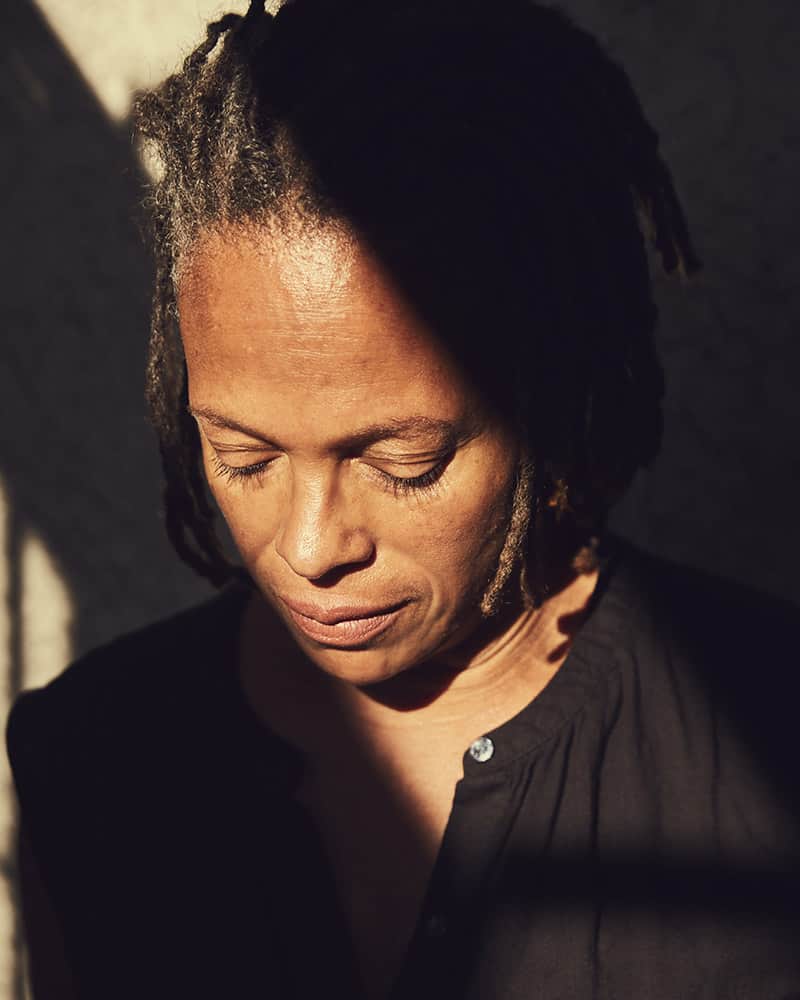
In 2017, Durdin founded the non-profit Birthing People Foundation in Los Angeles with midwife and doula Allegra Hill to address the maternal and infant health disparities in communities of color and other marginalized communities. She and Allegra are currently expanding Kindred Space LA as the only Black owned and operated birth center in Los Angeles. “We lost a whole generation of Black midwives from the South,” Durdin explains, referring to the process of systematically disempowering the tradition of Black midwifery that grew out of enslavement and domestic work. “We had thousands of Black midwives in the American South ‘catching babies’ as we call it. But when the white, male-dominated medical system came into the South and took over our community-led healthcare, those Black midwives, who would have been our teachers, were wiped out and prevented from practicing.” Durdin suggests digging into the history of the Sheppard-Towner Act of 1921 for a deeper understanding of the issue.
She notes the excitement that her diverse students experience when learning about the history of midwifery from Africa to the shores of America, that intuitively, birth work is a part of their lineage. “When people learn the history, they really start to lean into the work. Many students go back to their families and start asking questions of their relatives and many find out that they have midwives and other community health workers in their own bloodlines.”
Durdin’s work is the quiet kind that takes place in homes, birthing centers and hospital rooms, but its impact extends beyond infant and maternal health. It’s about taking back a narrative and shared history and using that to fortify her community as a mother and healthworker. For Durdin, the safe spaces are just as necessary as the front lines of battle. “We need a safe space without the white gaze. Period. That’s where the healing and transformation come in.”
Want to support Kimberly’s work? She asks that readers donate to Birthing People Foundation and to Kindred Space LA.
Write a Comment
Share this story


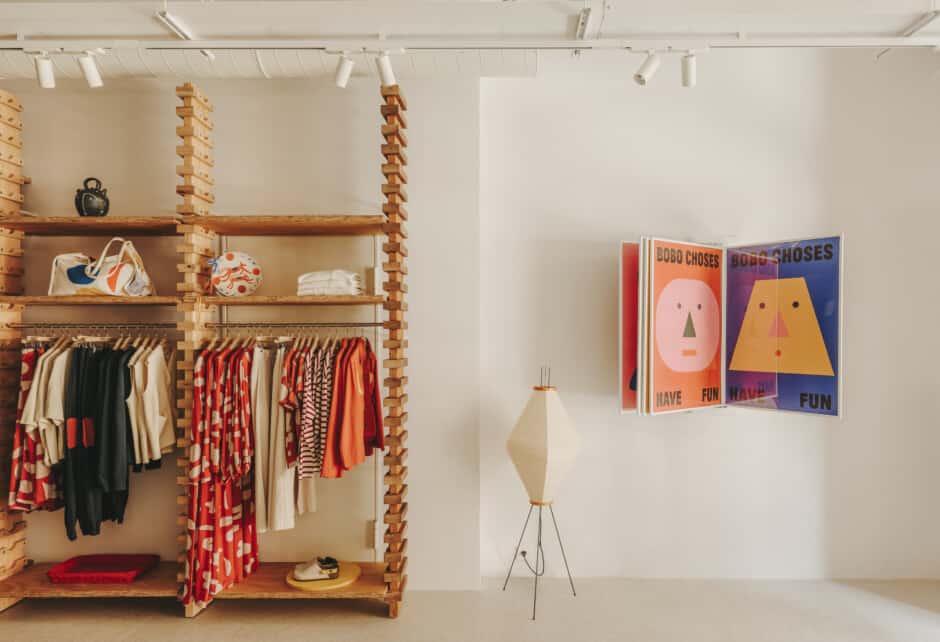
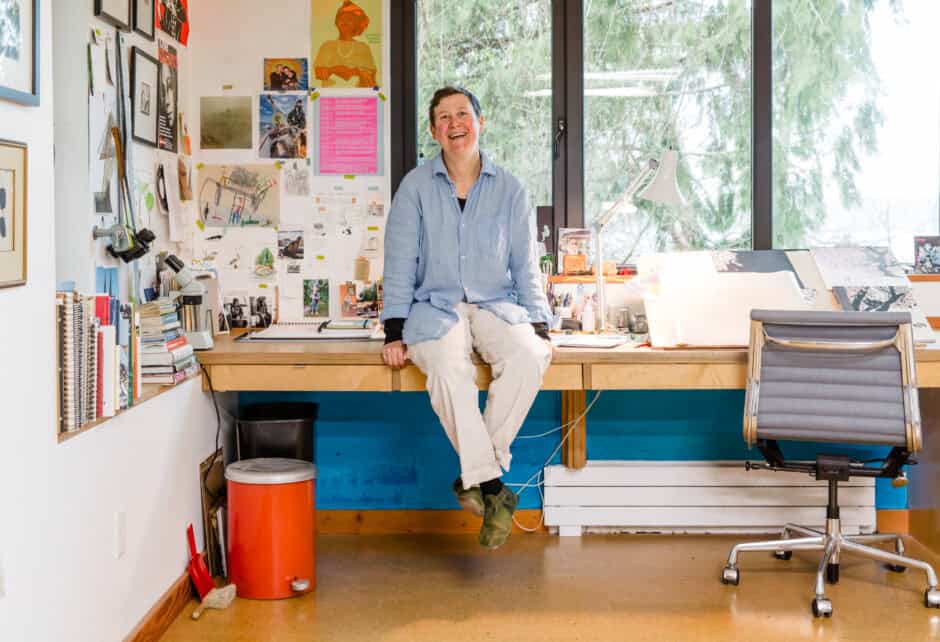
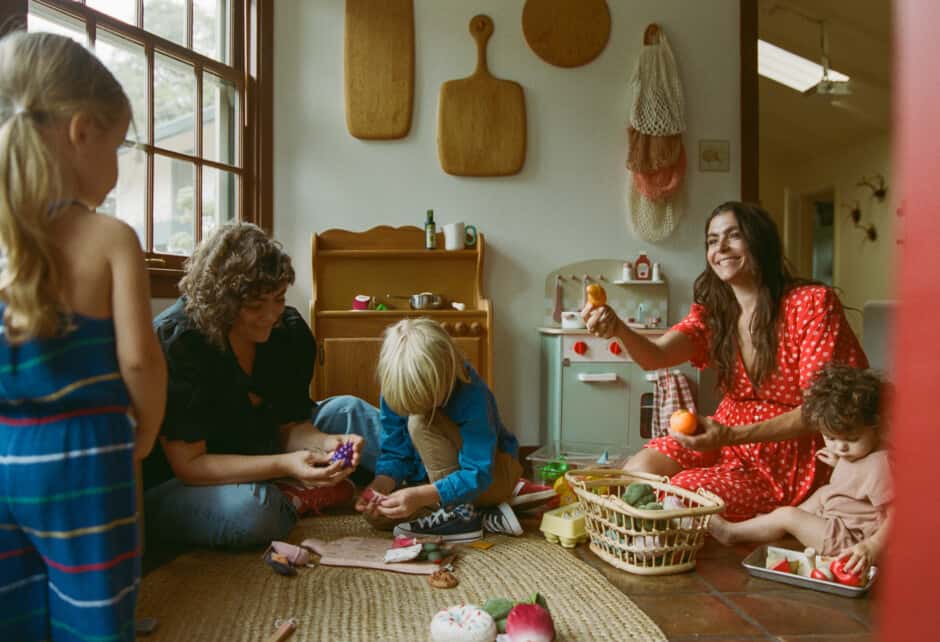
I LOVE THIS WOMAN! And I love this feature! Kim is making a huge impact both here Los Angeles and in birthing communities worldwide. And for me personally, she was/is a guiding light in my breastfeeding journey and child-rearing (neverending) journey. BRAVO!!!